Beyond Location: What to Look for When Buying a Home
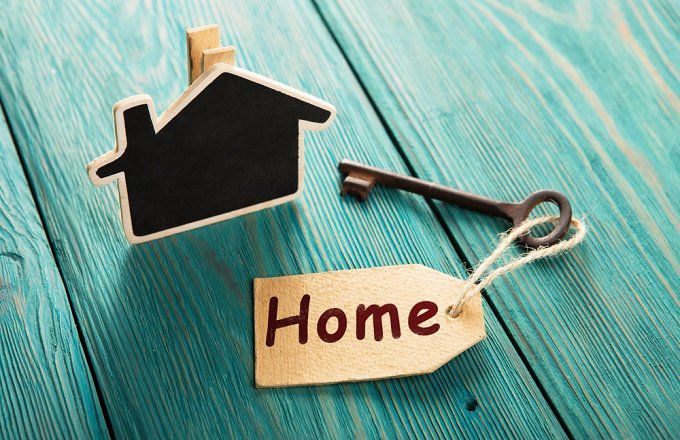
Meta Description:
Are you looking for your dream home? Beyond location, consider choosing the right neighborhood, evaluating school districts, assessing the condition of the home's major systems, and considering size and layout. We'll walk you through these key factors in this article to help you make an informed decision and find your ideal sanctuary.
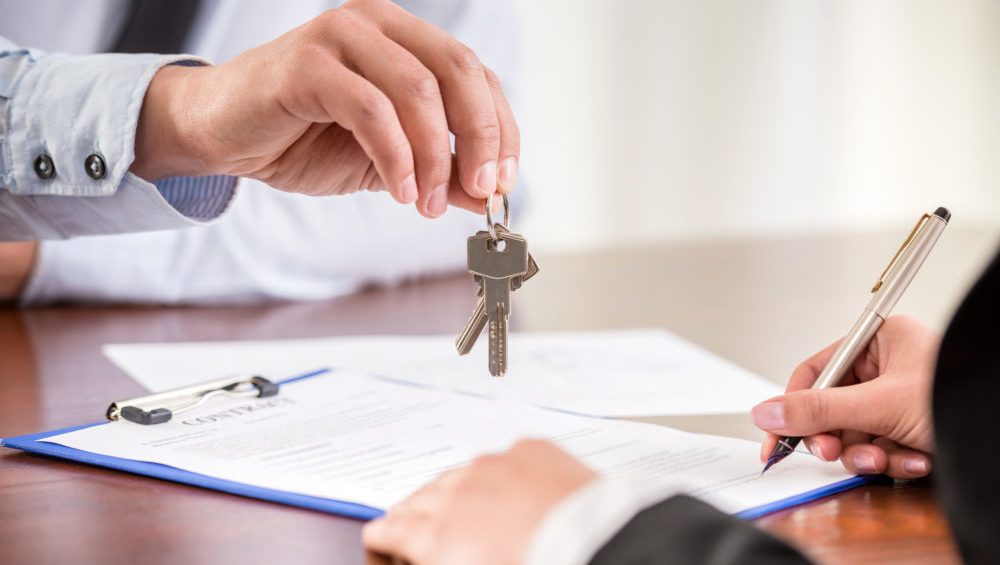
Purchasing a house is one of the most exciting and significant choices you will have to make in life. It's also an opportunity to find a home that reflects your personality, fulfills your dreams, and serves as a sanctuary for you and your family. It is also a large investment that entails careful planning, research, and decision-making. So, put on your house-hunting boots because the search for your dream home is about to begin!
While the location is unquestionably important, there are several other factors to consider when buying a home that can have a compelling impact on your standard of living and overall satisfaction with your purchase. In this article, we will look at some of the key factors to consider when buying a home that goes beyond location.
1. Neighborhood

Selecting an appropriate neighborhood to reside in can significantly influence your overall welfare. As a result, it's critical to thoroughly assess a neighborhood before deciding to relocate. The decision to select an appropriate neighborhood to reside in can significantly influence your overall welfare.
Safety is a non-negotiable discussion. Investigate the crime rates in the area and go for a walk around the neighborhood to see how safe you feel. Look for well-lit streets, well-kept sidewalks, and the presence of neighborhood watch groups. If you have children, you should look into the local schools and the school district's safety.
Another important factor to consider is walkability. Look for areas that have sidewalks, bike lanes, and easy access to public transportation. This can also help you save money on commuting at the same time, it is environment-friendly. Furthermore, a walkable neighborhood can encourage physical activity, which can have positive health benefits.
When evaluating a neighborhood, access to amenities is also important. Consider the availability of parks, restaurants, shops, and other amenities that can give convenience. A variety of options within walking or biking distance can help you socialize, exercise, and run errands without relying on a car.
Pro Tip: Talk to current residents as they can also provide useful information about what it is like to live in the neighborhood. Inquire about their safety, walkability, and amenity experiences. Getting a sense of the neighborhood culture and community can help you decide whether it is a good fit for you.
2. School District

Even if you do not have children, the quality of the school district is critical when purchasing a home. The quality of the schools in the area can affect the value of your home, as homes in good school districts tend to appreciate faster and sell more easily.
If you have children or planning to have children in the future, the quality of theschool district should be a top priority. Investigate the local school district to determine the quality of education offered. Examine test scores, graduation rates, and extracurricular activity availability. These aspects can indicate the overall quality of your child's education.
It is also a good idea to speak with parents who have children in the district to get a sense of what they're like. Inquire about the teachers, curriculum, and overall atmosphere of the school. This can provide useful information about whether the school district is a good fit for your family.
It is important to note that the school district's quality may come at a higher cost. Homes in desirable school districts may be more expensive, and property taxes may be higher as well. It is critical to assess your budget and prioritize your needs accordingly.
3. Condition of the Home

When it comes to buying a home, it is easy to be swayed by its exterior and overlooks its actual condition. The condition of the home's major systems, on the other hand, is just as important, if not more important, than its aesthetics. Roof, HVAC, plumbing, and electrical systems are critical components of a home, and repairing or replacing them can be costly. As a result, before making a purchase, it is critical to assess the condition of these systems.
Ignoring the condition of the major systems in the home can result in significant unexpected costs down the road. You can make a more informed decision and ensure that your investment is sound if you take the time to evaluate the condition of the home and its major systems. Remember that a home's appearance can be deceiving, so always look beyond the surface and thoroughly evaluate its condition.
Pro Tip: Hire a professional home inspector. It is a great way to get an accurate assessment of the condition of the home. The inspector can assess the state of the major systems and identify any potential problems that are not immediately apparent. It is also critical to investigate the age and condition of these systems to get an idea of when they might need to be replaced, which can help you budget for future costs.
4. Size and Layout
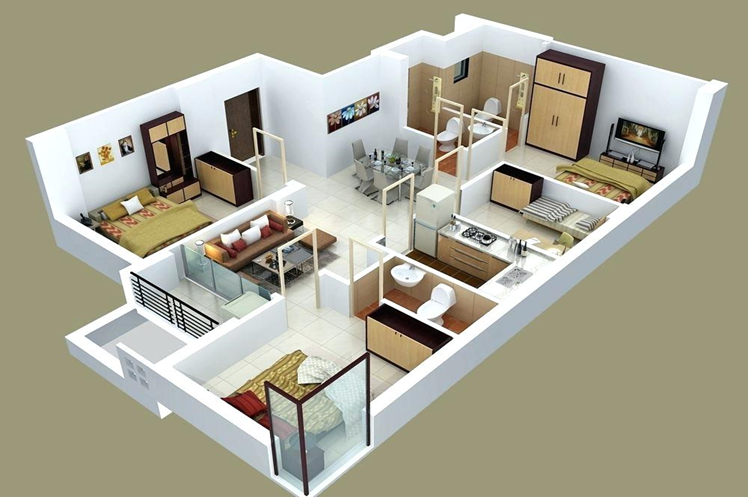
A home's size and layout can have a significant impact on its livability and functionality. When evaluating a potential home, it is important to consider your lifestyle and needs. While a larger home may appear to be more appealing, a poor layout can make it difficult to make effective use of the space. A smaller home with a well-thought-out layout, on the other hand, can be more functional and comfortable.
When assessing the layout of a home, it is critical to consider the flow of the space. Look for a house with a logical flow that allows you to easily transition between rooms and spaces. Open floor plans are popular because they give the impression of space and allow for the flexible use of space. Furthermore, homes with plenty of windows will let in natural light, making a space feel larger and more inviting.
When determining the layout of a home, privacy is also an important factor to consider. Consider the placement of bedrooms and bathrooms to ensure adequate privacy and convenience. A master bedroom with an attached bathroom, as well as a layout that separates the bedrooms from the living areas, can be desirable features.
Another factor to consider is storage space. Look for a house with plenty of storage, such as closets, cabinets, and a pantry. This can help you keep your home organized and clutter-free.
5. Outdoor Space
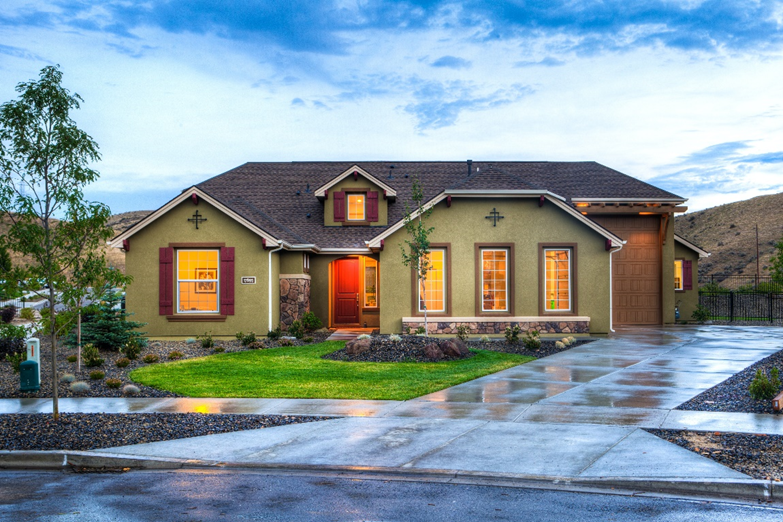
When evaluating a potential home purchase, the outdoor space of a home is an often overlooked but important consideration. A yard or outdoor living area can significantly increase the value of a home by providing additional living space, increasing curb appeal, and creating a welcoming environment for both residents and visitors.
An outdoor space can also be used to relax and enjoy the scenery. Having an outdoor space can greatly increase your personal fulfillment, whether you are enjoying a cup of coffee on your porch, hosting a barbeque in your backyard, or simply lounging in a hammock.
If you have pets or children, you will value your outdoor space even more. A fenced-in yard can provide a haven for pets to play and explore, while a swing set or other outdoor toys can keep children entertained and active. Outdoor space allows children to connect with nature, explore their surroundings, and develop a sense of responsibility by assisting with yard work and gardening.
Think about the size and condition of the yard or outdoor living area when evaluating a home's outdoor space. Is it big enough for your needs? Is it well-kept and landscaped? Is there sufficient privacy and security? A well-kept outdoor space can be a major selling point for a home, whereas a neglected or poorly kept outdoor space can be a turn-off.
Accessibility, functionality, and potential for improvement are other things to take into account when evaluating a home's outdoor space. Is the outdoor space easily accessible from inside the house? Is it suitable for your requirements? Is it possible to improve it by adding a deck, patio, or other outdoor living features? All these considerations can have an impact on your overall satisfaction with your home purchase.
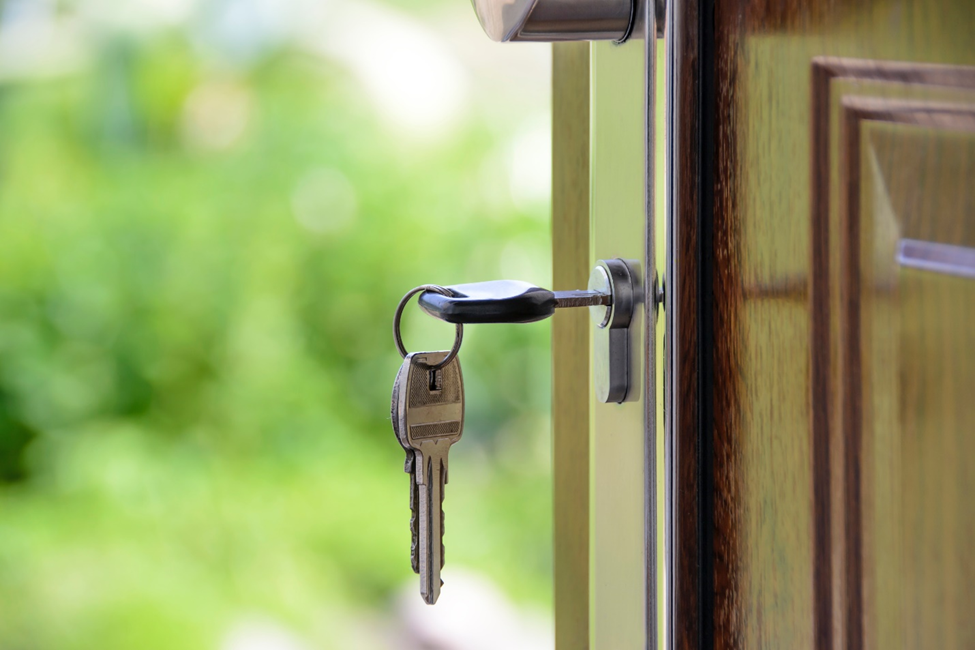
To digest these all, purchasing a home is a significant investment, and it is critical to consider all the factors that will affect your quality of life and the value of your investment. While location is undeniably important, it is only one of many factors to consider when evaluating a potential home. You’ll be able to make a more informed decision that fits your needs and budget if you consider the home's condition, size and layout, outdoor space, neighborhood, school district, and availability of amenities. Don't make a decision based solely on location or size; instead, thoroughly evaluate all aspects of a potential home to ensure it meets your needs and will last for years.






